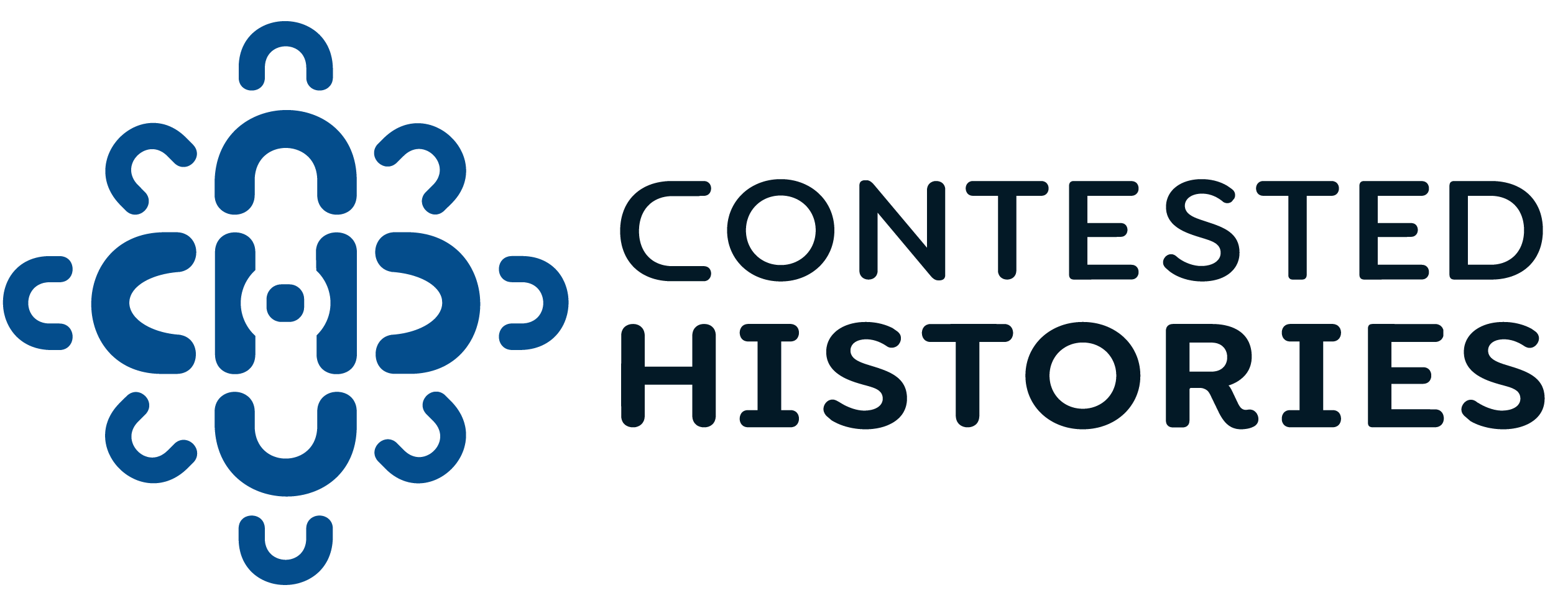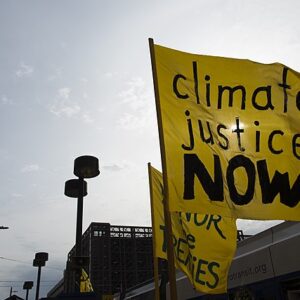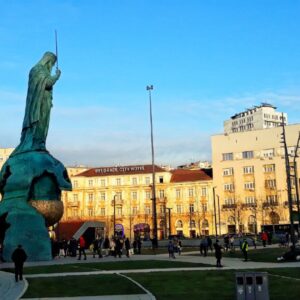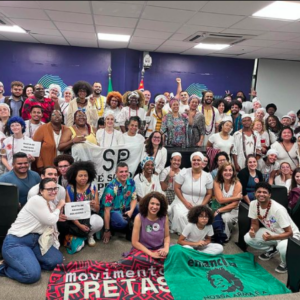

Reflections from Belgrade workshop on teaching contested histories
By Contested Histories Admin •
History teachers Stefania Gargioni (Belgium) and Emma Abbate (Italy) reflect on their recent participation as a team in the Monument(al) Challenges International Workshop, which was held in Belgrade from April 12 to 14. They share insights gathered from this educational experience.
The recently concluded Monument(al) Challenges International Workshop in Belgrade provided us with valuable tools to understand the complexities of teaching contested histories. Hosted as part of the EuroClio project, in collaboration with the Contested Histories Initiative and Education for the 21st Century in Belgrade, the project explores contestations over statues, monuments, memorials, street names, buildings, and other physical representations of historical legacies in public spaces.
The workshop aimed to equip participants with essential tools and skills to address societal injustices and sensitive topics in the classroom, especially in an era where school classrooms are becoming increasingly diverse and debates over contested historical narratives are gaining prominence. For us history educators, the workshop presented a unique opportunity to familiarize ourselves with various teaching-learning resources, including lesson plans, learning strategies, activities, and source collections related to conflicts over the interpretation of national histories.
Over the course of the intensive three-day training, the hosts introduced ready-to-use techniques to integrate cultural heritage into pedagogical approaches. This experience heightened our awareness of the close link between heritage and identity, emphasizing the emotional impact these aspects can have on students and communities. Engaging with innovative methods to convey culture and cultural heritage to students, such as analyzing case studies curated as part of the project’s resources, allowed us to explore various historical legacies, including colonialism, enslavement, racism, fascism, and more. By examining historical backgrounds, contestation histories, decision-making processes, and employed remedies, we gained valuable insights into adaptable strategies to enrich our students’ comprehension of exclusion and marginalization phenomena.
During the workshop, we also had the chance to establish connections with fellow educators, fostering the creation of a professional network and promoting cross-sectoral cooperation. This collaborative environment sets the stage for enhanced learning and shared effective and precious experiences in the field of history education.
Monument(al) Challenges is funded by the Erasmus+ scheme of the European Union.


Funded by the European Union. Views and opinions expressed are, however, those of the author(s) only and do not necessarily reflect those of the European Union or the European Education and Culture Executive Agency (EACEA). Neither the European Union nor EACEA can be held responsible for them.



